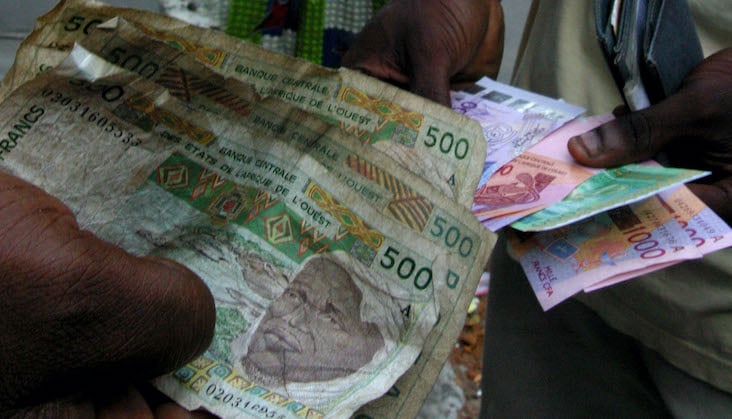Naira Redesign: ISWAP ‘abandons’ Nigerian currency, taxes farmers, traders in CFAs
The Shura Council of the Islamic State of the West African Province(ISWAP) has banned naira as a means of transaction for the illegal tax it collects from peasant farmers and fishermen. This is as a result of the Nigerian government’s move to redesign and reissue higher denominations of its currency. No going back on naira […]

The Shura Council of the Islamic State of the West African Province(ISWAP) has banned naira as a means of transaction for the illegal tax it collects from peasant farmers and fishermen.
This is as a result of the Nigerian government’s move to redesign and reissue higher denominations of its currency.
- No going back on naira redesign – Buhari
- ALERT: ‘We are not recruiting, WAEC warns job seekers
According to the Central Bank of Nigeria (CBN), N200, N500, and N1000 notes will be reissued by December and by January 31,2023, the old notes will cease to be legal tender.
It was gathered that this move threw the ISWAP population in the Tumbus of Lake Chad into confusion.
According to the Zagazola Makama, a Counter Insurgency Expert and Security Analyst in the Lake Chad region, the insurgents switched to the West African CFA as currency of trade in the area.
ZagaZola claimed that the terrorists had also banned all Nigerian fishermen, herdsmen and farmers from sneaking into the Lake Chad through Marte, Abadam, and Gamborun Ngala in order to prevent the naira from reaching into the camps of the terrorists in the Lake Chad.
Ibn Umar and Malam Ba’ana, the ISWAP Militant Commanders in charge of taxes and levies, who imposed the ban, said the people were only allowed to come through safe routes established by the terror group – Bulgaram, Cikka, Guma, Maltam, Doron Liman and Ramin Dorina villages in Cameroon Republic.
In exchange, ISWAP collects 1,500 West African CFA Francs, monthly taxes from the people who appear very willing to pay.
They have also secured trade routes for merchants, to enable them accesses foodstuffs, weapons, fuel and other logistics.
The Nigerian authorities are yet to react to the latest development, but there have been denials from government that terrorists are not controlling any part of the country.
